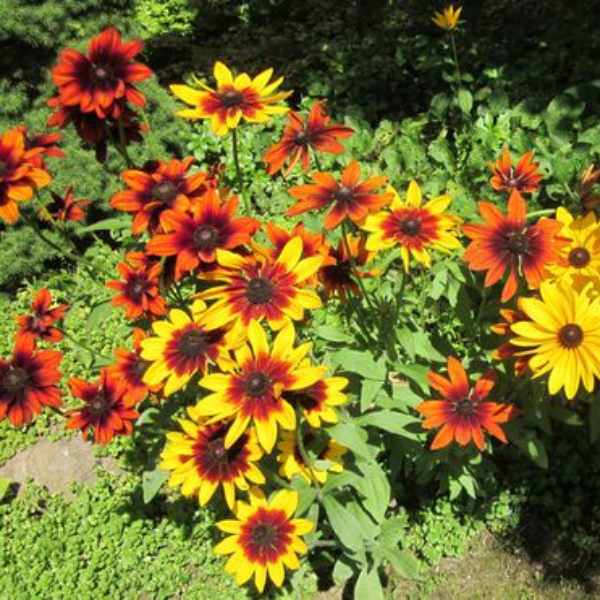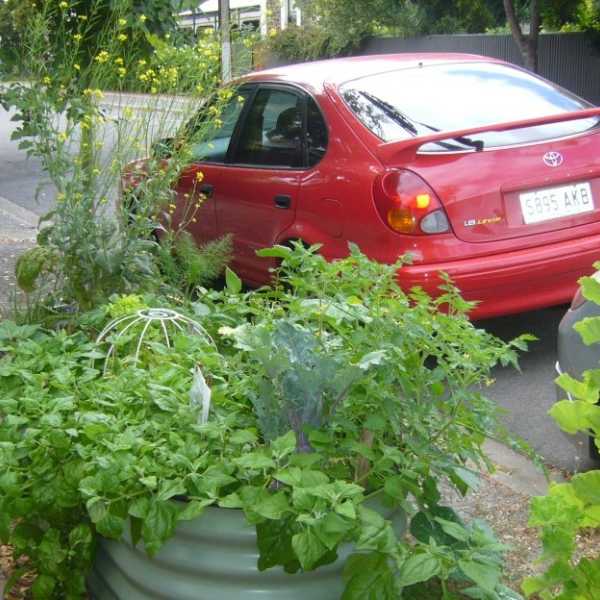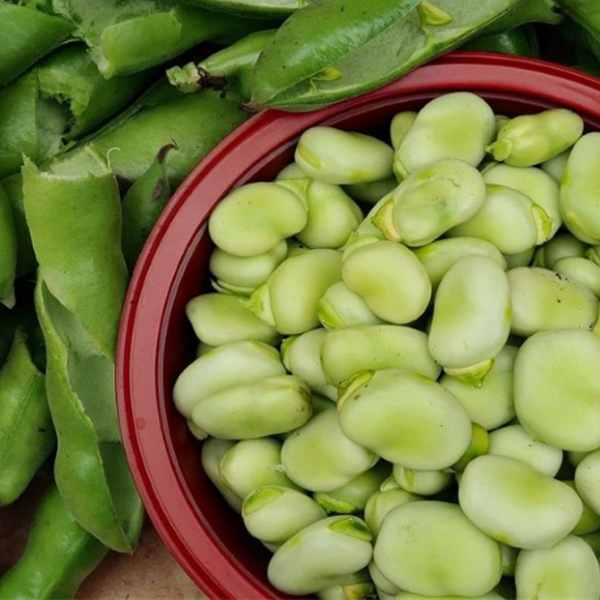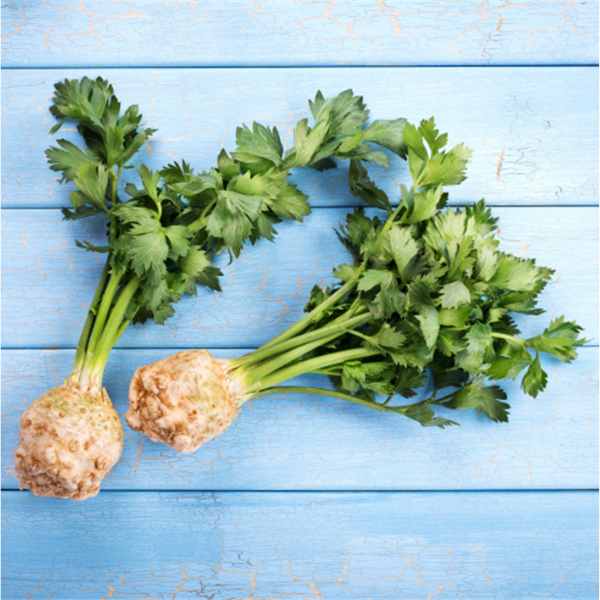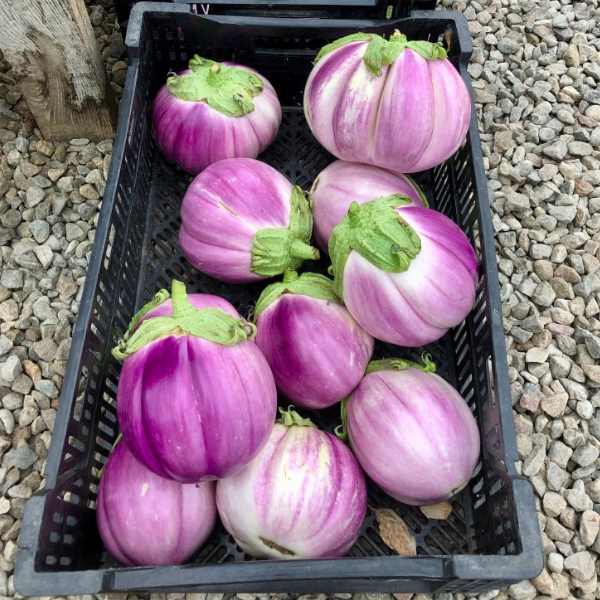Lovage – An Unknown Treasure
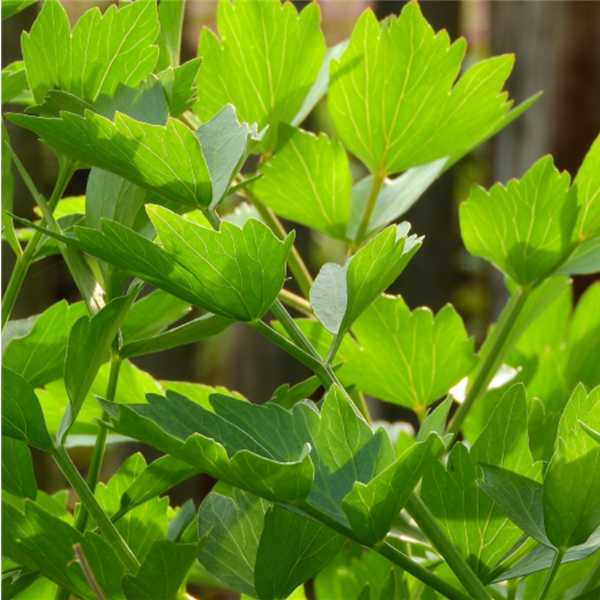
One of the joys of growing your own herbs is having easy access to species you won’t find in many supermarkets. If you like the flavour of celery and parsley, then a lovage plant or two will make an unusual and highly productive addition to your herb garden. It’s easy to grow and can play a versatile role in the kitchen. It is a hardy perennial, growing to 2 m high with a spread of 1 m.
It has a strong flavour and used with a light touch, it can add a savory hit to vegetable stocks and sauces. The larger leaves can be cooked much like spinach whilst the younger leaves can be used raw in salads. They make a delicious addition to potato based soup. The seeds can be crushed and used as a spice and they make a tasty addition to breads. The seeds can add crunch to salads, or be used in any recipe where celery seeds make an appearance. As a spice, lovage has a hint of fennel alongside the dominant celery flavour.
It is easy to grow from seed and needs a temperature of around 15 degrees Celsius to germinate reliably. Germination takes between 10 and 14 days. When the seedlings are around 10 cm tall, transplant with a spacing of at least 60 cm. It is happy in full sun or partial shade. If you have existing lovage plants, then it’s also easy to grow new plants by dividing the roots.
It will take between three and five years to reach its full size. Prune regularly to keep its shape under control, and to stimulate the tender new leaves. In cooler areas, the plant may die back, but the roots will survive and the plant will burst back to life in spring. Unless you’re aiming to harvest seeds, prune any flower buds as soon as they appear, as they will turn the leaves bitter. However, a heavy prune will stimulate fresh growth and the flavour will return.
There are few pests that make a real impact on lovage. Leaf miners and aphids can cause problems, but an established plant is usually rugged enough to bounce back from any damage. It’s best to remove affected foliage to avoid passing the infestation around your garden.

